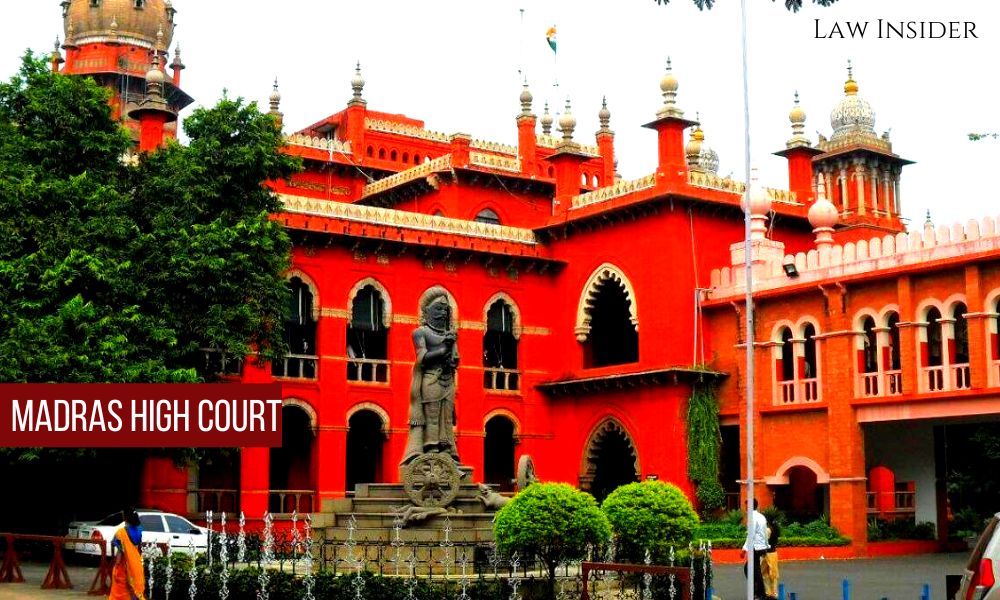LI Network
Published on: 27 January, 2024 at 12:23 IST
In a significant judgment, the Madras High Court clarified the requirements for liability under Section 5 of the Prevention of Children from Sexual Offences Act, 2012 (POCSO Act).
The Court emphasized that to establish liability, it is essential to prove that the accused was fully aware of the victim’s age during the alleged sexual intercourse.
The ruling came in response to a Criminal Appeal challenging the conviction and sentence of the accused under the POCSO Act. The High Court overturned the conviction under Section 5(1) r/w 5(J)(ii) r/w 6 of the POCSO Act, citing a lack of evidence from the prosecution to substantiate the charges.
Justice K. K. Ramakrishnan, presiding over the case, highlighted that the charges under Section 5(1) r/w 5(J)(ii) r/w 6 of the POCSO Act were not made out due to the absence of evidence indicating that the accused had knowledge of the victim’s minor status during sexual intercourse.
The case involved the appellant, the sole accused, contesting his conviction for engaging in a romantic relationship that resulted in the victim’s pregnancy.
The prosecution relied on school records to establish the victim’s age, but the court noted that these records lacked sufficient authentication.
Referring to Rule 12 of the Juvenile Justice (Care and Protection of Children) Rules, 2007, the Court emphasized the need for proof beyond reasonable doubt in the absence of an SSLC certificate.
The retired Headmaster’s testimony failed to provide endorsements based on a birth certificate or any other authentic document, leading the court to conclude that the prosecution failed to establish the victim’s age adequately.
Due to the lack of evidence regarding the victim’s age, the court deemed the charges under the POCSO Act unsubstantiated. Without proof of the appellant’s knowledge of the victim’s minor status during intercourse, the Court held that the charges could not be upheld.
Consequently, the Madras High Court allowed the Criminal Appeal, setting aside the conviction and sentence of the appellant in the case titled Sujithkumar @ Sonaimuthu v State.

